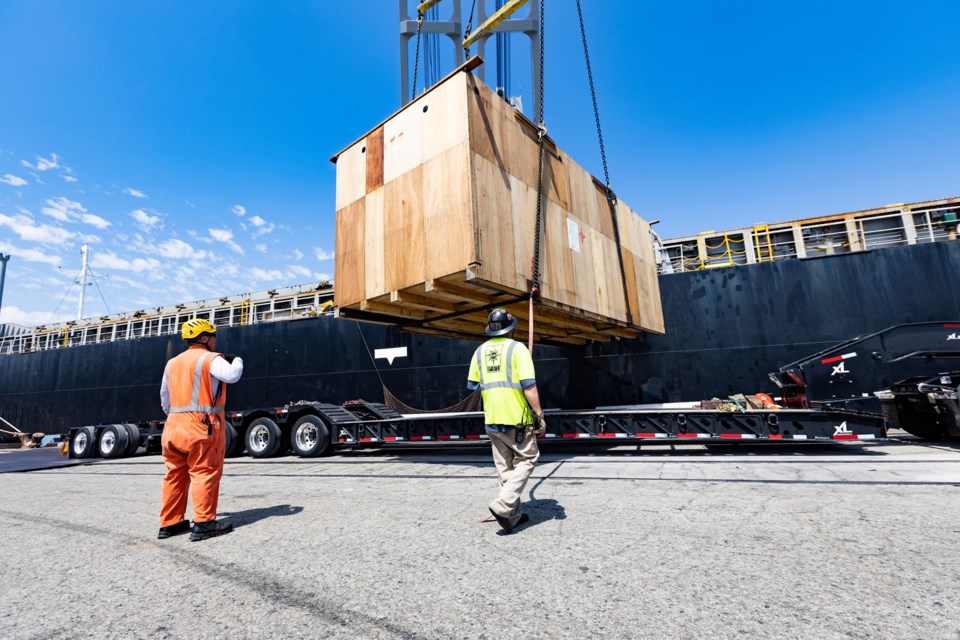The strike of cargo handlers at British Columbia ports is starting to impact businesses across Canada, and the head of the Canadian Federation of Independent Business (CFIB), said it’s time for Ottawa to step in and end the impasse.
Survey results from the CFIB indicate 53 per cent of business owners are being affected by this labour disruption. And with no resolution in sight, three-quarters of businesses want the federal government to make this a priority issue.
Businesses are being “unfairly punished by circumstances outside of their control,” the association said in a July 11 news release.
CFIB is Canada’s largest association of small and medium-sized businesses with 97,000 members in every region and multiple sectors.
Since Canada Day, 7,400 members of the International Longshore and Warehouse Union Canada employed at more than 30 B.C. ports have been on strike.
The CFIB cited some examples of problems experienced by some its members including:
- A specialty beverage producer in BC is waiting on a critical shipment of 48,000 glass bottles stuck at the port, with another on the way.
- A retailer in Ontario is waiting on a shipment of footwear and clothes for back-to-school season and is worried that the short window to sell the inventory will close.
- A construction business in Alberta is experiencing delays in steel deliveries to complete projects on time.
- A manufacturer in Ontario incurred significant storage charges from the backlogs in the ports and train yards the last time there was a service disruption and worries that his business can’t survive another round.
The CFIB said unless the parties negotiate a deal immediately through collective bargaining, the association is urging the federal government to legislate them back to work.
“Supply chains have just started to recover from the disruptions caused by the pandemic, so many businesses will feel this latest setback extra hard,” commented CFIB president Dan Kelly.
“We’re hearing from members across the country who are worried about missing critical sales, delayed production or orders or an inability to get their products to export markets because of the strike. The federal government must step in and get shipments moving again as quickly as possible.”
“Enough is enough,”added Jasmin Guénette, vice-president of national affairs at CFIB. “The federal government can't just stand on the sidelines with its arms folded. They need to intervene quickly. Small businesses cannot continually bear the brunt of service and supply chain disruptions.”
The survey results show 16 per cent of businesses said the strike would have no impact on them, with another 31 per cent remain unsure how it would affect them.




